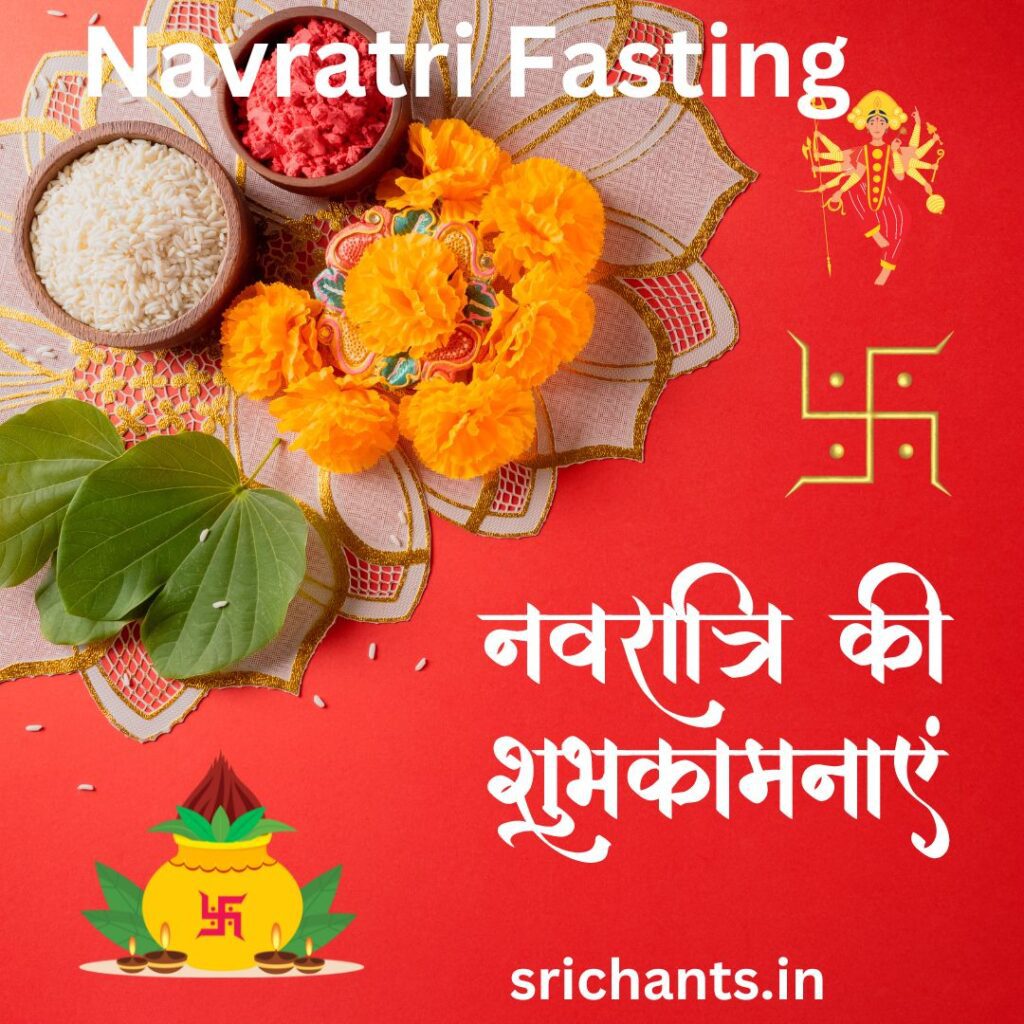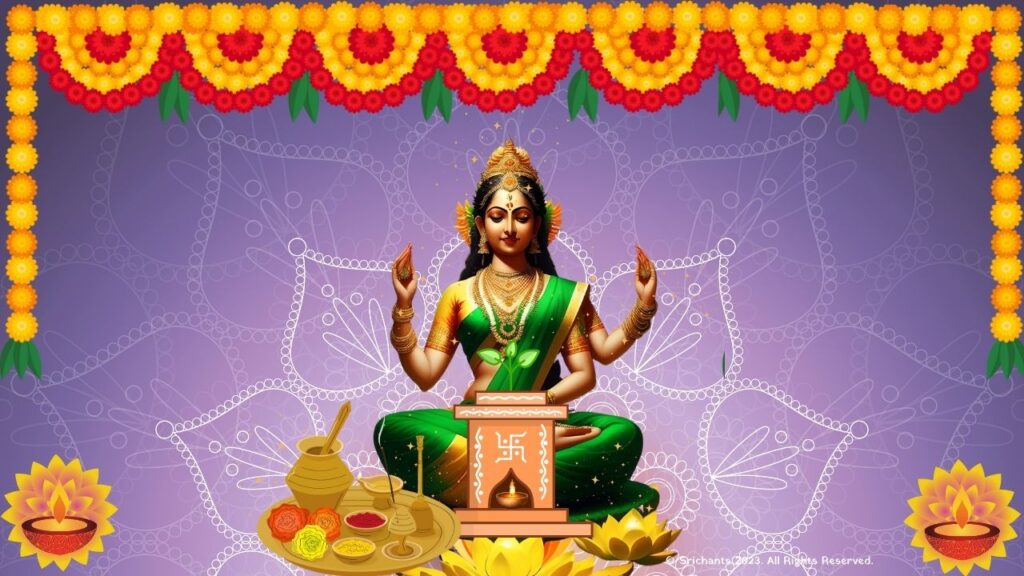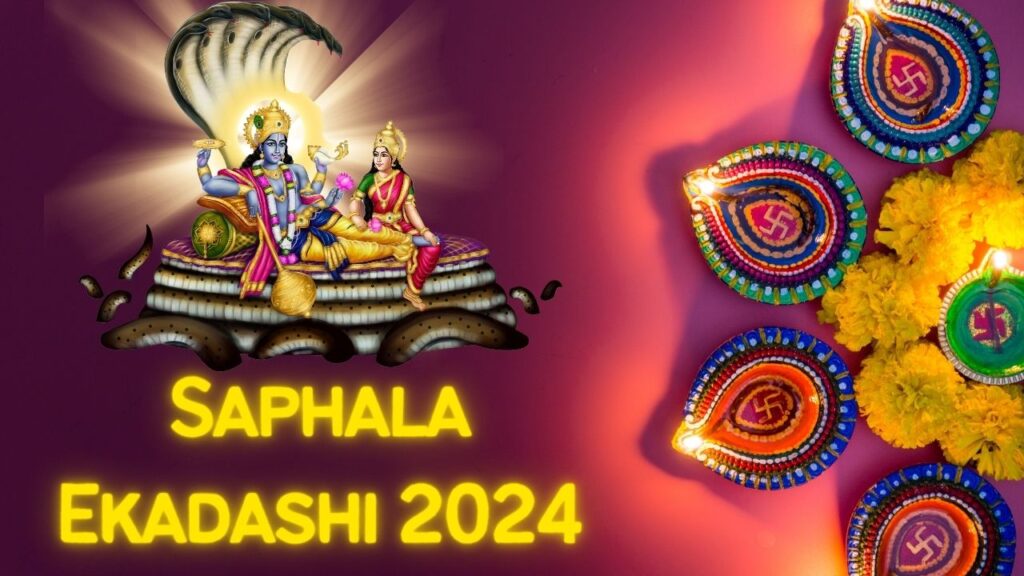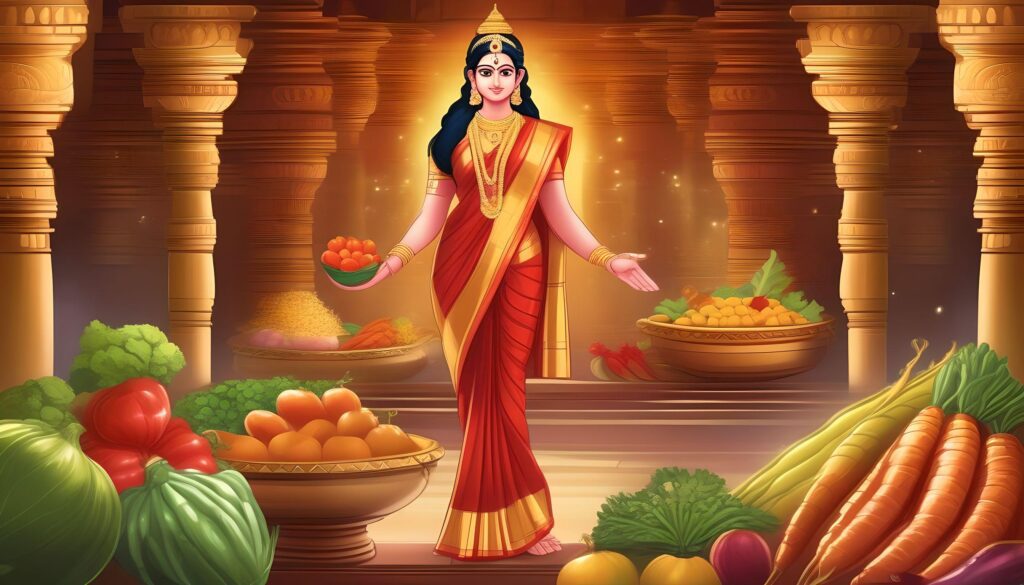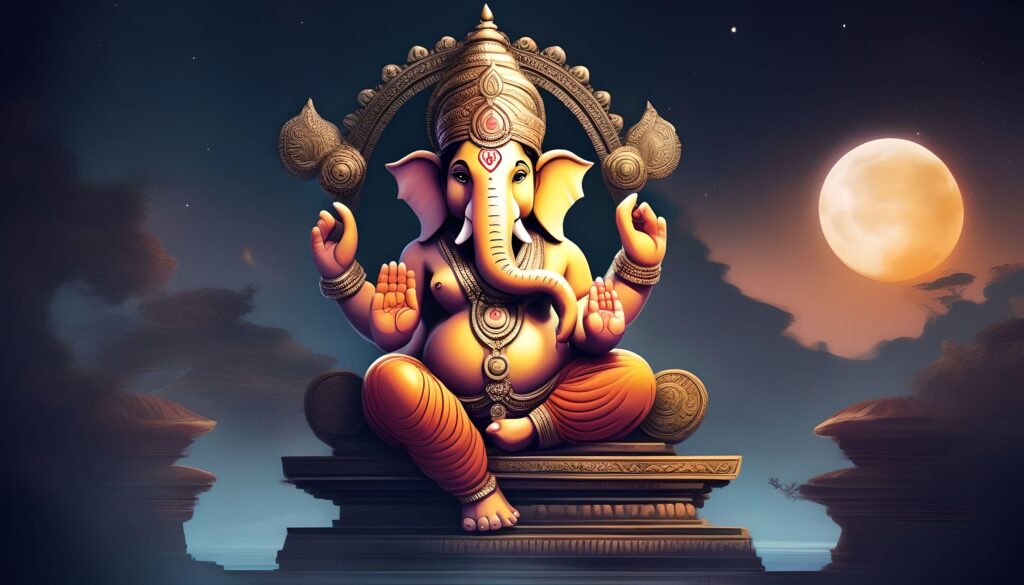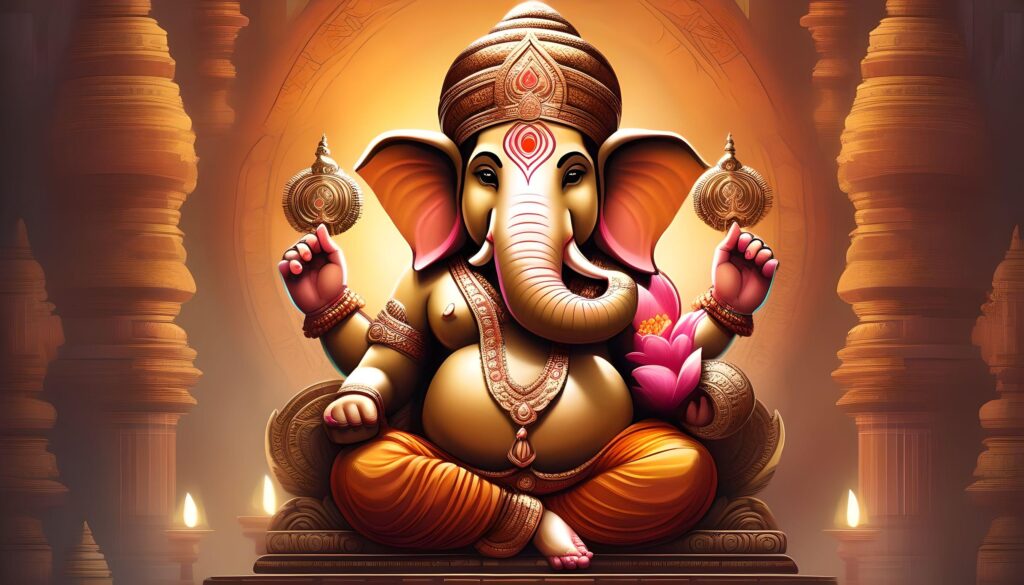Navratri Fasting: A Spiritual Journey of Devotion and Purity
Introduction
Navratri, a significant Hindu festival that is observed throughout India, is a period of cultural expression, fasting, and prayer. This nine-day festival is of great importance to Hindus worldwide and is dedicated to the worship of Goddess Durga. Devotees observe fasts and perform pujas during Navratri in order to obtain blessings from the deity. The fasting period is a time for self-discipline, gratitude, and devotion. In this all-encompassing guide, we will delve into the intricacies of Navratri fasting, such as its significance, regulations, ingredients, puja vidhi, and frequently asked questions.
Understanding Navratri Fast (Vrat)
Navratri is a significant Hindu festival that is observed twice annually and is dedicated to the sacred feminine energy. Devotees observe fasts to purify their bodies and minds during the nine-day festival. Goddess Durga is honored and her blessings are sought through the practice of fasting during Navratri. It is believed that fasting during Navratri is beneficial for acquiring spiritual fortitude and overcoming negative energies. Fasting is an essential component of the festival due to its health, spiritual, and religious advantages.
Significance of Navratri Fasting
Fasting during Navratri is perceived as a method of cleansing the body and psyche, as it entails the abstention from specific foods and practices. It is a period of self-discipline and devotion. Devotees prioritize the consumption of pure and sattvic food by refraining from consuming non-vegetarian food, alcohol, and specific other substances. It is believed that this practice promotes spiritual growth and well-being by purifying the body and psyche.
Health Benefits of Navratri Fasting
In addition to its spiritual significance, Navratri fasting provides numerous health advantages. By refraining from consuming specific foods, one can enhance their digestive health, increase their immunity, regulate their blood sugar levels, and decrease their risk of developing heart disease. The consumption of fruits, vegetables, legumes, and dairy products, which are abundant in essential nutrients, is promoted during the fasting period. It also enhances overall mental and physical well-being and aids in weight management.
Rules and Guidelines for Navratri Fasting
Devotees adhere to specific rules and guidelines during Navratri fasting in order to preserve purity and uphold the festival’s traditions. The following are several critical regulations and standards that should be taken into account:
Foods to Avoid During Navratri Fasting
- Grains and pulses: Avoid consuming wheat, rice, lentils, and other grains and pulses during Navratri. Alternatively, consider alternatives such as amaranth flour, water chestnut flour, and buckwheat flour.
- Onion and garlic: It is advised to refrain from consuming onion and garlic during the fasting period, as they are believed to elevate passion and dull the intellect.
- Non-vegetarian food: It is strictly prohibited to consume any form of non-vegetarian food, such as meat, fish, and eggs, during Navratri.
- Alcohol and smoking: It is strictly prohibited to consume alcohol and tobacco in any form during the fasting period.
- Processed and packaged foods: Choose fresh and homemade dishes over excessively processed or packaged foods.
- Rock salt (sendha namak) should be substituted for ordinary table salt during the Navratri fast.
- Spices and oil in excess: Reduce the use of spices and oil in the culinary process. I prefer dishes that are lightly seasoned and uncomplicated.
- White sugar should be refrained from during the fast. Instead, choose alternatives such as honey or jaggery in moderation.
- Mindless indulgence: Exercise self-control and moderation in your dietary decisions. Fasting should not be used as an excuse to indulge in excessive amounts of saccharine and fried foods.
- Negative thoughts and behavior: In addition to refraining from food, it is important to avoid negative thoughts, speech, and behavior. Cultivate compassion and positivity during Navratri.
Foods to Consume During Navratri Fasting
- During the fast, it is recommended to consume pure and fresh foods such as fruits, vegetables, dairy products, nuts, and whole cereals (“sattvic food”). These foods are regarded as sattvic, as they foster mental clarity and purity.
- Hydration: To maintain hydration during the fasting period, consume a sufficient quantity of water, herbal teas, and moderate amounts of milk and fruit juices.
- Sendha namak: In lieu of conventional table salt, season your dishes with granite salt (sendha namak). It is regarded as pure and appropriate for fasting.
- Cooking with mindfulness: Ensure that the kitchen is kept spotless and pristine during the preparation of meals. Cook with a sense of gratitude and devotion.
- Traditionally, the fast is interrupted with fruit to facilitate the transition back to solid foods after a period of fasting.
- Prasad and offerings: Prepare and present prasad (food offered to the deity) to the goddess, and subsequently ingest it as a blessed offering.
- Meditation and chanting: While fasting, engage in spiritual practices such as mantra chanting and meditation to maintain a focused and tranquil mind.
- Maintaining cleanliness: It is essential to maintain the cleanliness and organization of your surroundings, particularly your altar or place of devotion, during Navratri.
- Service and charity: Utilize this opportunity to engage in acts of service and charity, contributing to the well-being of others through donations, volunteering, or any other form of service that is feasible.
Puja Vidhi During Navratri
Ritual veneration, or puja vidhi, is an indispensable component of the Navratri fast. It entails adhering to specific procedures in order to obtain the blessings of Goddess Durga. The following is a detailed outline to the execution of puja vidhi during Navratri:
Preparation
Ensure that the area is free of any distractions and spotless before commencing the puja vidhi. Wear clean clothing and take a bath. Collect the essential items for the puja:
- Goddess Durga, Lakshmi, and Saraswati Idols
- Kalash is a container that is filled with water.
- Coconut
- Leaves of mango
- Betel seeds
- Akshat (rice that has been combined with turmeric)
- Flowers
- Sticks of incense
- Diya (lamp)
- Camphor
- Fruits
- Desserts
Steps of Puja Vidhi
- Begin the puja vidhi by invoking Lord Ganesha and requesting his blessings for a successful and auspicious puja.
- In your place of devotion, arrange the idols of Goddess Durga, Lakshmi, and Saraswati on a clean cloth.
- Place a coconut on top of the Kalash and fill it with water. Mango fronds and betel nuts should be used to embellish the Kalash.
- As a gesture of respect and devotion, place the Akshat on the Kalash and present flowers to the Goddesses.
- Light the diya and incense sticks and present them to the Goddesses. The removal of darkness and the presence of divine energy are symbolized by the illumination of the diya.
- As a gesture of affection and gratitude, present the Goddesses with sweets and camphor.
- In honor of Goddess Durga, recite Navratri mantras and chant bhajans (devotional songs). Additionally, it is possible to reserve Pandits online for the purpose of reciting sacred mantras during an online puja.
- Distribute fruits as prasad among family members and devotees and offer them to the Goddesses.
- Demonstrate your appreciation and solicit the favors of the Goddesses for spiritual development, prosperity, happiness, and health.
Frequently Asked Questions About Navratri Fasting
Many Hindus observe Navratri fasting as a significant ritual during the festival. The following are responses to some of the most frequently asked queries regarding Navratri fasting:
Q: Why do people fast during Navratri?
A: People fast during Navratri as a way to purify the body and mind. It is believed that by abstaining from food, one can focus on spiritual practices and connect with the divine.
Q: What are the rules of Navratri fasting?
A: The rules of Navratri fasting vary depending on individual beliefs and traditions. However, in general, people abstain from consuming meat, alcohol, grains, and certain vegetables during the fasting period. Some people also observe a complete fast and consume only water or fruits.
Q: What are the ingredients used during Navratri fasting?
A: The ingredients used during Navratri fasting include fruits, nuts, milk, and dairy products such as yogurt and paneer. Some people also consume special fasting foods like sabudana (tapioca pearls), singhara (water chestnut flour), and kuttu (buckwheat flour).
Q: What is the Puja Vidhi during Navratri fasting?
A: The Puja Vidhi during Navratri fasting involves offering prayers to Goddess Durga and performing special rituals. The rituals include lighting a lamp, reciting mantras, and offering flowers and fruits to the deity.
Q: Can pregnant women and children observe Navratri fasting?
A: Pregnant women and children are advised not to observe Navratri fasting as it can have adverse effects on their health. However, they can still participate in the festivities and consume the special fasting foods.
Q: Is it necessary to fast for all nine days of Navratri?
A: Fasting for all nine days of Navratri is not mandatory. Some people observe fasts for only one or two days, while others fast for the entire duration of the festival. It is a personal choice and depends on individual beliefs and traditions.
Conclusion
Navratri fasting is a spiritually significant period during which devotees seek blessings, practice self-discipline, and establish a connection with the divine. The benefits of purification, gratitude, and devotion can be achieved by adhering to the rules and guidelines. Navratri fasting is not only a period of prayer and fasting, but also a celebration of cultural expression and unity. It is a chance to fortify one’s faith, purify the body and mind, and foster interior strength and harmony. May you experience peace, pleasure, and blessings during Navratri as you begin this spiritual journey.
#Navratri #fasting #durga #durgapuja
